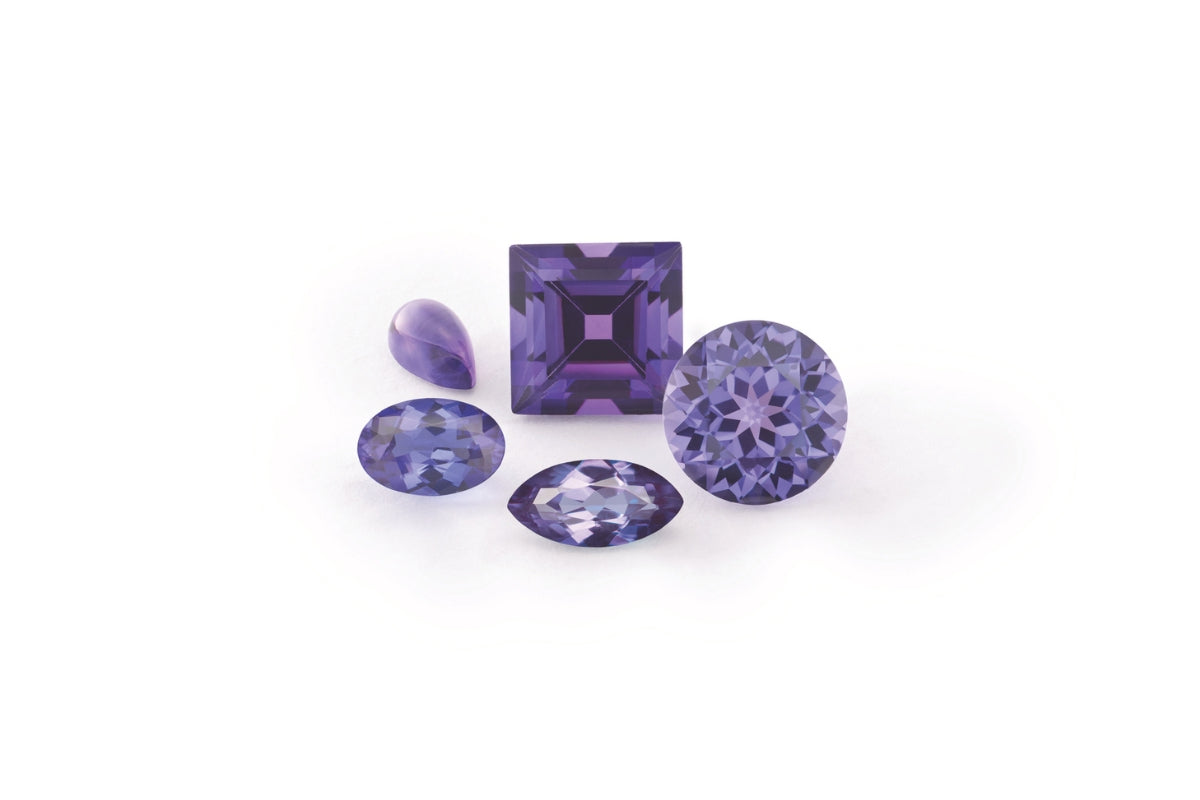In the world of luxury, diamonds often symbolize love, eternity, and prosperity. However, beneath the sparkling facade lies a dark reality that many consumers are unaware of: the existence of blood diamonds. Also known as conflict diamonds, these gems carry a heavy human cost that tarnishes their brilliance.
The Origin of Blood Diamonds
Blood diamonds are mined in war zones, particularly in Africa, where the sale of these diamonds finances armed conflict against governments. The profits derived from their sale often fund rebel movements, insurgencies, and civil wars, perturbing violence and instability in already vulnerable regions. The diamond trade becomes a tool for oppression, exploitation, and human suffering.
The Human Toll
Behind each blood diamond, there is a story of suffering and exploitation. Miners, including men, women, and even children, toil in hazardous conditions for minimal pay. These workers often endure violence, forced labor, and exposure to dangerous chemicals without adequate protection or rights. Entire communities are impacted, facing displacement, environmental degradation, and loss of livelihoods.
Regulatory Effects
Recognizing the grave humanitarian crisis fueled by blood diamonds, the international community has taken steps to address the issue. In 2003, the Kimberley Process Certification Scheme (KPCS) was established, aiming to prevent the trade of conflict diamonds and ensure that diamonds are sourced ethically. Participating countries commit to implementing strict regulations and monitoring mechanisms to track the origins of diamonds and to certify them as conflict-free.
Challenges and Criticisms
While the Kimberley Process has made strides in raising awareness and reducing the flow of blood diamonds into the market, it is not without its shortcomings. Critics argue that the process lacks transparency and accountability, with reports of loopholes, corruption, and instances of non-compliance. Additionally, the definition of a conflict diamond within the Kimberley Process is narrow, focusing primarily on rebel-controlled areas and overlooking other forms of human rights abuses and environmental damage associated with diamond mining.
Ethical Consumerism
In recent years, there has been a growing movement towards ethical consumerism, driven by individuals who seek to make socially responsible purchasing decisions. This shift has prompted us at Soha Diamond Co. to specialize in lab-grown diamonds, as well as ensuring the mined diamonds we offer are ethically sourced from mines in Canada.
The Way Forward
While progress has been made in raising awareness about blood diamonds and implementing regulatory frameworks, much work remains to be done. Strengthening the Kimberley Process, enhancing transparency throughout the diamond supply chain, and supporting sustainable and responsible mining practices are crucial steps towards addressing the root cause of the blood diamond trade. Additionally, clients play a pivotal role in driving change by supporting ethical brands, such as Soha Diamond Co.
Blood diamonds represent a dark chapter in the history of the diamond trade, overshadowing the beauty and glamour associated with these precious gems. At Soha Diamond Co., we continue to ensure that the diamonds we cherish are not tainted by human suffering. Together, we can all work towards a future where diamonds are free from the stains of conflict and exploitation.
Soha Diamond Co. is a jewelry store located in Madison, Wisconsin:
https://maps.app.goo.gl/J8zaeQUYWAk23hDNA
View custom Soha engagement ring styles on Instagram:
https://instagram.com/sohadiamondco
Browse Soha Diamond Co. engagement ring inspirations:
https://www.sohadiamondco.com/pages/our-engagement-rings
Learn about Soha’s engagement ring design process:
https://www.sohadiamondco.com/pages/design-process
Book your custom engagement ring visit with Soha:




